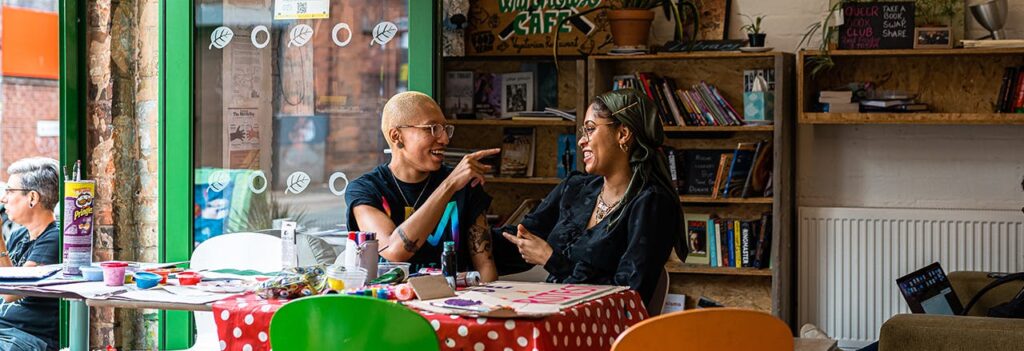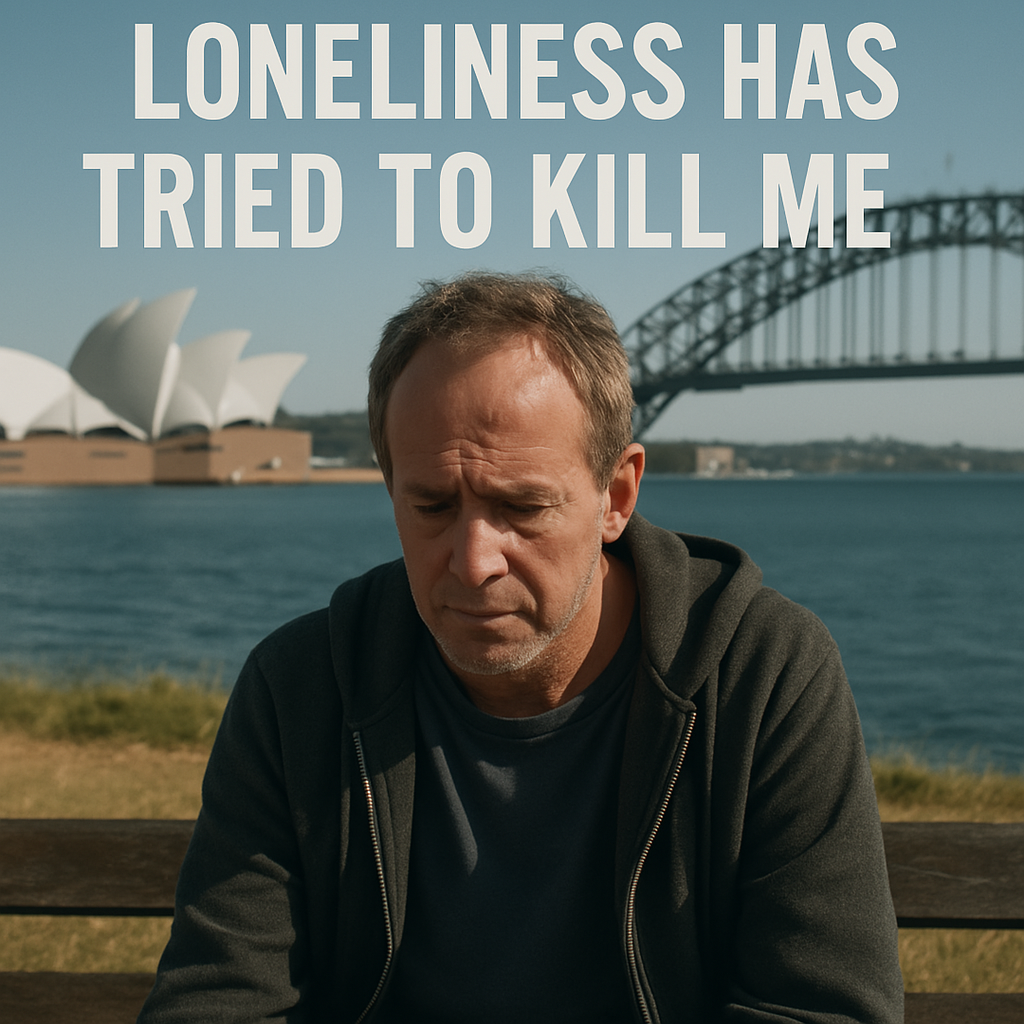Campaigning to tackle the stigma of youth loneliness

The Co-op Foundation has been tackling the stigma of youth loneliness since 2017. Before they stopped promoting their Lonely Not Alone campaign at the end of 2023, the Co-op’s charity shared everything they learned over the last five years through a virtual webinar to create a legacy for the campaign and to keep the conversation going for years to come. Sophie Beresford explains some of the key points discussed during the learning webinar.

Why youth loneliness matters
Co-op Foundation has been focused on youth loneliness since 2017 when Co-op research with the British Red Cross found young people were lonely more than any other age group.
Last year, our research revealed that 95% of young people feel lonely but only 35% feel confident talking about loneliness.
If young people are unable to talk about loneliness, they’re less likely to ask for support when they need it. This could lead to longer or more intense feelings of loneliness, and negative impacts on mental wellbeing.
What has the Co-op Foundation done to tackle the stigma of youth loneliness?
We launched our Belong programme to tackle youth loneliness in three ways.
- We funded projects to connect and empower young people to tackle loneliness through UK-wide funding. This often involved co-funding projects in England with DCMS and the #iwill Fund and funding projects from our own budget in the devolved nations. In total, we’ve awarded £7 million in grants to youth partners through this work.
- We strengthened the youth sector by commissioning UK Youth to carry out research into youth loneliness from the perspective of youth workers and colleagues. This research helped the sector to understand what support they needed to help identify and tackle youth loneliness. The findings were published and shared through the ‘A Place to Belong‘ report. We then provided funding for the Belong Collective, led by UK Youth, and the National Youth Partnership, led by Youth Focus: North East, to help create networks for collaborative working.
- We launched Lonely Not Alone, a youth-led behaviour change campaign to tackle the stigma of youth loneliness and show young people that everyone cared about the issue.
Why the Lonely Not Alone campaign was led by young people
Campaigns or projects looking to tackle issues that affect young people should be informed by young people’s real lived experience. Young people know what it is like to feel lonely and are therefore best placed to help find solutions. Involving young people in campaign work also helps them to develop valuable skills and take part in youth activism.
The desired outcome for all campaigns is impact. Being led by young people helped us create a truly authentic campaign that not only resonated with young people, but also engaged them enough to take action. We’re pleased to say that in November 2022, 95% of young people took an action to tackle their own feelings of loneliness after seeing our Lonely Not Alone campaign.
Top tips for tackling the stigma of youth loneliness
It’s important to put young people in the lead of any initiatives to tackle the stigma of youth loneliness, for reasons we have covered above.
- A Theory of Change gives you a direction of travel and helps guide decision- making.
- It is difficult to encourage national behaviour change through a campaign alone. Wider funding programmes help to increase impact.
- Regular research with your target audiences helps to show impact and informed annual campaign strategies – different levels available depending on budget which is something we discuss during our learning webinar.
- Partnerships are essential when developing campaigns and trying to reach desired audiences. It’s important to join existing networks or to establish your own for collaboration opportunities.
- Engaging MPs who have an interest in loneliness helps to influence systemic change and build or enhance the national conversation around loneliness.
Watch the webinar
Catch up on our virtual webinar, or read a short-written summary. During the webinar, we discussed the campaign’s key achievements, how to effectively co design work with young people, the impact the campaign had on our young co-designers, and what our recommendations would be for anyone looking to deliver a behaviour change campaign themselves.




A huge thanks to @Sophie_Beresford for our most recent blog!